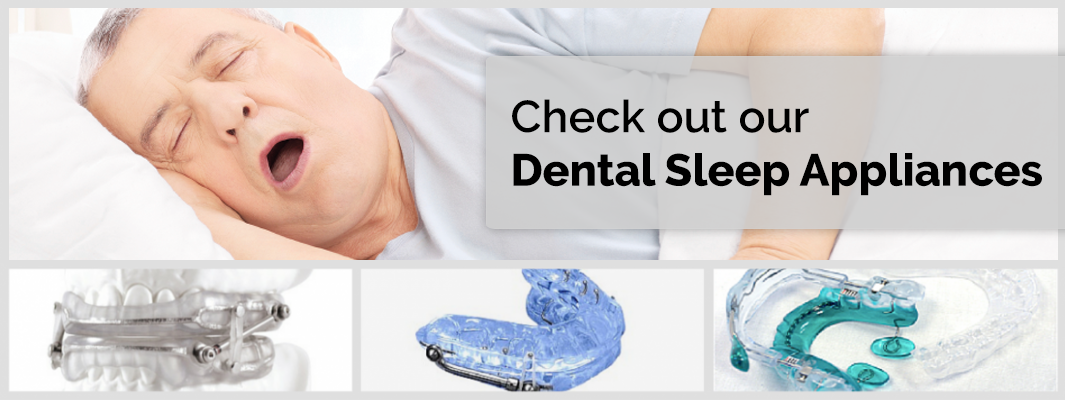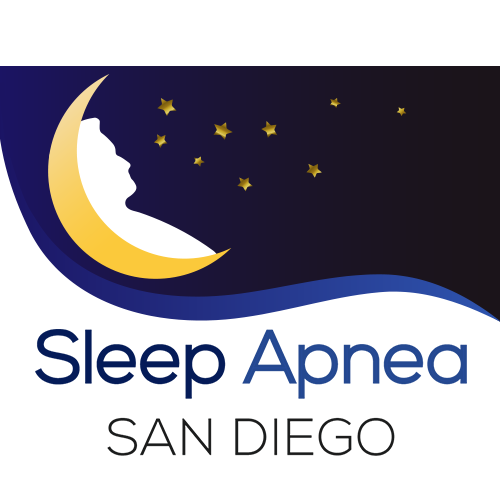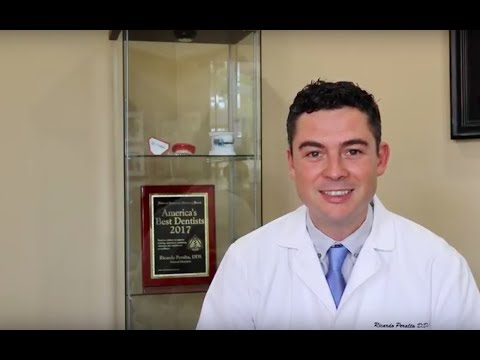Does insurance cover sleep apnea dental appliance?

Is sleep attachment tooth machine covered by insurance? In most cases, almost all cases € Health insurance will cover all or part of the accumulated costs of obtaining a dental instrument for the treatment of sleep apnea.
Does Medicare pay for dental appliances for sleep apnea?
Oral therapy for the treatment of sleep -disordered ulcers is covered by Part B of the Medicare program under the DMEPOS benefit category. Oral therapy, for Medicare purposes to include, is classified as long -acting therapy.
Which is better CPAP or oral appliance?
Oral therapy should be considered as an effective treatment of continuous cardiopulmonary resuscitation (CPAP) in patients with moderate to moderate sleep apnea syndrome (OSAS). In patients with severe OSAS, CPAP remains the treatment of choice.
Does Medicare pay for sleep apnea appliances?
If you determine there is a sleep disturbance, Medicare Part B will cover an oral contraceptive, a replacement CPAP device, or continuous airway obstruction. way. Your doctor must order the furniture. … Your doctor must prescribe a Medicare -approved PDAC -approved device.
How much does a sleep apnea mouth guard cost?

Speech Speech According to the American Sleep Association, the average sleep for treatment including oral guards costs between $ 1,800 and $ 2,000. This cost includes speech and dental visits as well as changes and adjustments to the device.
What is the best sleep apnea mouthpiece?
The Best Anti-Snoring Mouthpieces and Mouthguards
- Best – SnoreRX Plus.
- Most important – VitalS sleep.
- Excellent – ZQuiet.
- Excellent Language Retention tool – Morning Snore Solution.
- Best Comfort – Snorple Compound Oral Appliance.
Do oral appliances really work for sleep apnea?
Speakers are made to keep the chin pillow forward and down. This opens the airway. These devices are simple, portable, and quiet, but can be just as expensive as CPAP. And evidence is mounting that it is not very good for people who are moderate or have ulcers in white.
What is the best dental device for sleep apnea?
These devices, which must be prescribed by a dentist or specialist, and worn over the mouth at night include: Mandibular advance device (MAD). What is often used by the sleeper for sleeping objects, MADs are much like a mouth guard used in sports.
Can you claim benefits for sleep apnea?

A sleeper may be eligible for benefits if their arterial pressure is greater than 40 mm Hg. This can be achieved when you visit a doctor and have a blood test, as sleep apnea is often associated. In addition, another potential for lung disease is in the lungs.
What happens if you have sleep apnea and don’t use CPAP?
Many people worry that not using CPAP for one night may endanger their health. The risk of sudden death, stroke, or cardiac arrhythmia due to sleep apnea that occurs in one night of inactivity seems to disappear slightly. Instead, deep sleep is a long-term risk factor for these stressors.
Is having sleep apnea a disability?
The Social Security Administration (SSA) no longer has a disability list for sleep apnea, but it does have lists for respiratory problems, heart problems, and mental retardation. If you meet the conditions of one of the lists because of your sleep apnea, you will automatically be eligible for benefits.
Does using CPAP weaken lungs?
Constant sleep deprivation also damages your immune system. CPAP can increase your risk of developing pneumonia, as it can inflate bacteria and bacteria into your lungs.
Can a dentist fix sleep apnea?

Did you know that many dentists are trained to help treat and manage your snoring and sleep apnea? Dental sleep medications are part of the dental model that emphasizes the use of oral medications to treat insomnia, including sleep apnea and obstruction (OSA).
How can a dentist tell if you have sleep apnea?
The first sign of sleep apnea is often bruising of the teeth (also called bruxism). Teeth looking for torn teeth is a sign of the person having a sore tooth.
What is the newest treatment for sleep apnea?
The FDA has approved a muscle relaxant that stimulates a reduction in sleep deprivation and darkness in patients with internal ulcers. The FDA recently announced the approval of an electric prescription to stimulate muscle relaxants to stimulate reduced sleep deprivation (OSA) and darkness.